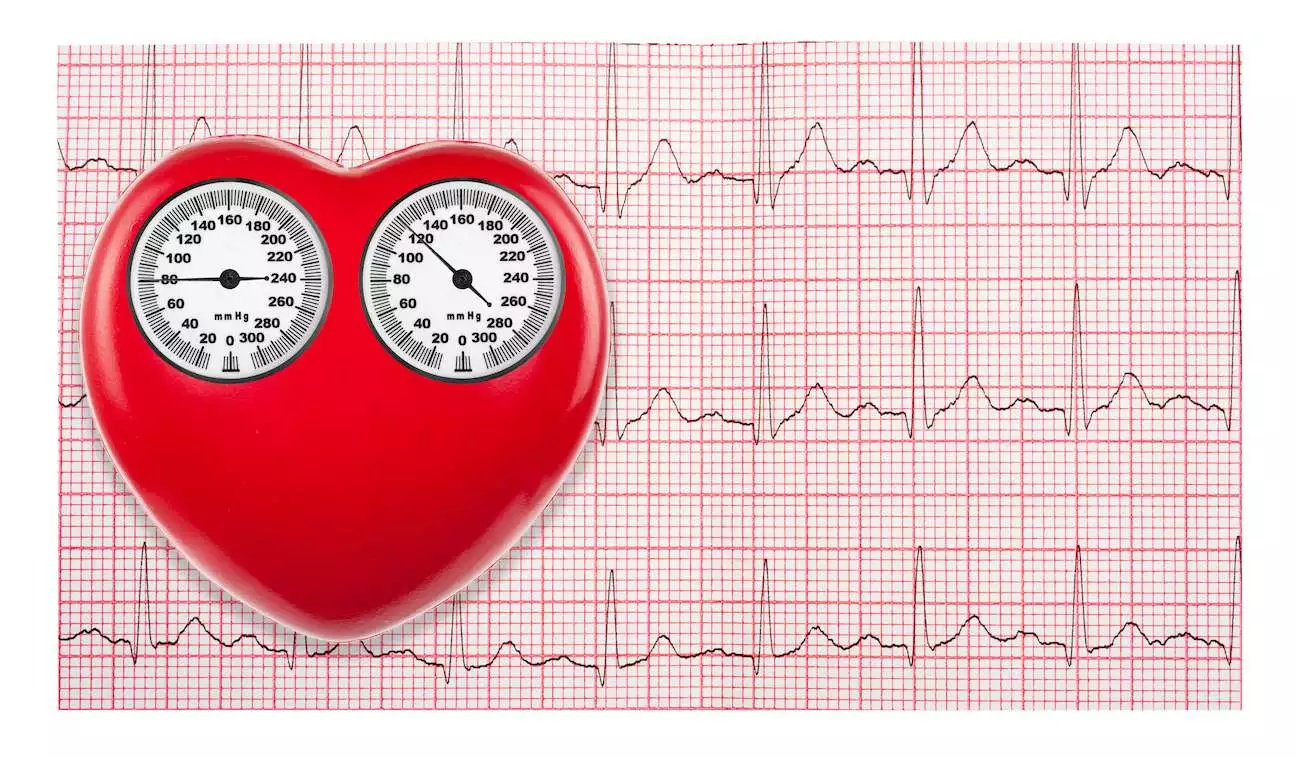
In the 21st century, it is common knowledge that cholesterol levels in the body are incredibly relevant to your overall health level. While people with a cholesterol score of above 250 have risk factors of cardiovascular disease, heart attack, or stroke, there is actually a much larger risk of death for those with low cholesterol levels. Many believe that the higher the cholesterol levels, the less healthy you are. However, this statement fails to consider the various parts of the body that require this substance to function. Blood flow is commonly associated with cholesterol levels, but it may not be at fault for these issues, as there may be other factors causing a negative effect.
Cholesterol is a waxy substance that is necessary for your body to function. It is used to build your steroid hormones, among other things. These hormones include estrogen, progesterone, testosterone, DHEA, and cortisol. Cholesterol is even needed to make Vitamin D! It also comes in a few different varieties: HDL cholesterol, LDL cholesterol, and VLDL. Each has a different function in your body.
High-density lipoprotein (HDL): many call this type the ‘good’ cholesterol when, in reality, it’s equally as important as LDL and VLDL. It returns excess cholesterol to the liver, where it is broken down. This helps keep your arteries clean, which is essential for healthy blood flow.
Low-density lipoprotein (LDL): sometimes called bad cholesterol despite its necessary function in the body, LDL transports cholesterol to the places in your body that need it. This means it is just as essential as HDL to keep your body balanced internally.
Very low-density lipoprotein (VLDL): VLDL is unsurprisingly similar to LDL cholesterol. However, instead of carrying cholesterol to where it’s needed, VLDL transports triglyceride (another type of fatty material) to where your body needs it.
Cholesterol is in every cell of your body. Why would the human body be designed using cholesterol in every cell if it were bad for us? Cholesterol is produced naturally by the liver. Many will say that you get all the cholesterol your body needs from its production in the liver, but this is actually false. Your body produces 3/4ths of the cholesterol you need, so any additional cholesterol you get from food helps to close the gap. Your cholesterol should be no issue as long as you maintain a healthy lifestyle and diet.
It’s also vital to note that people with low levels have a higher death rate when compared to those with too much cholesterol in their blood flow. This proves the body’s need for the substance.
Researchers are finding out that it is not the cholesterol that causes your arteries to clog; instead, the inflammation in your body makes the cholesterol in your blood harmful. Many cite that clogging of blood flow is the main reason you want to keep low levels of this substance in your body, but as long as you adopt patterns in your life that help fix the issue, you’ll be fine.
Decreasing the inflammation in your body means reducing your risk of heart disease and a heart attack! Just lowering a high cholesterol number is not the only solution. Supporting a heart-healthy lifestyle will lower your high blood cholesterol, but that alone may not solve your health problems. Decreasing inflammation requires a customized diet that generally includes low carbohydrates (max 60 g/day), avoiding gluten, etc. (notice that statin drugs are not mentioned as a treatment!)
Raising your cholesterol levels is also crucial if your body needs it. There are many foods that have higher levels of cholesterol, especially those with saturated fats. However, only eating foods with saturated fat and trans fat is never the answer. Specifically, try to find healthy foods like eggs that can naturally boost your cholesterol levels without making you less healthy.
We know that optimizing your hormone levels helps reduce heart disease, which means optimizing blood cholesterol levels will have the same effect. When you adjust your lifestyle and balance your hormones using bioidentical hormones, you feel and look better, plus reduce your risk of heart disease, among other things.